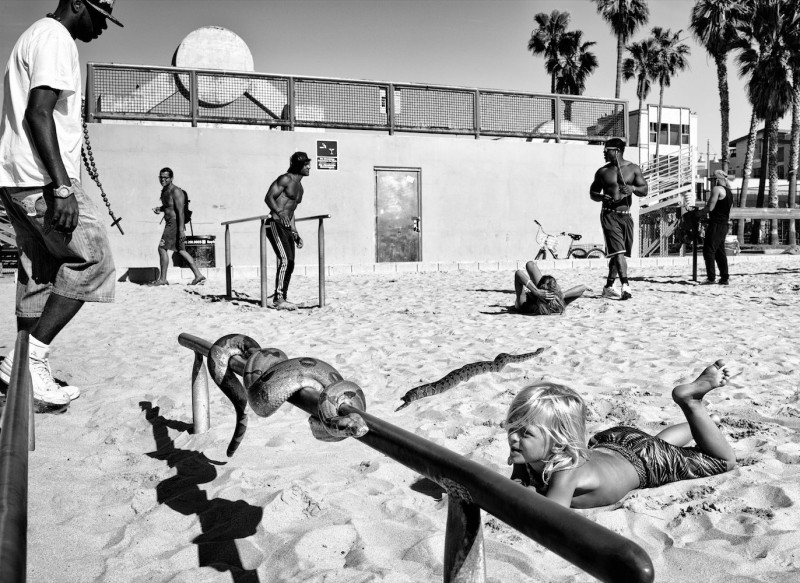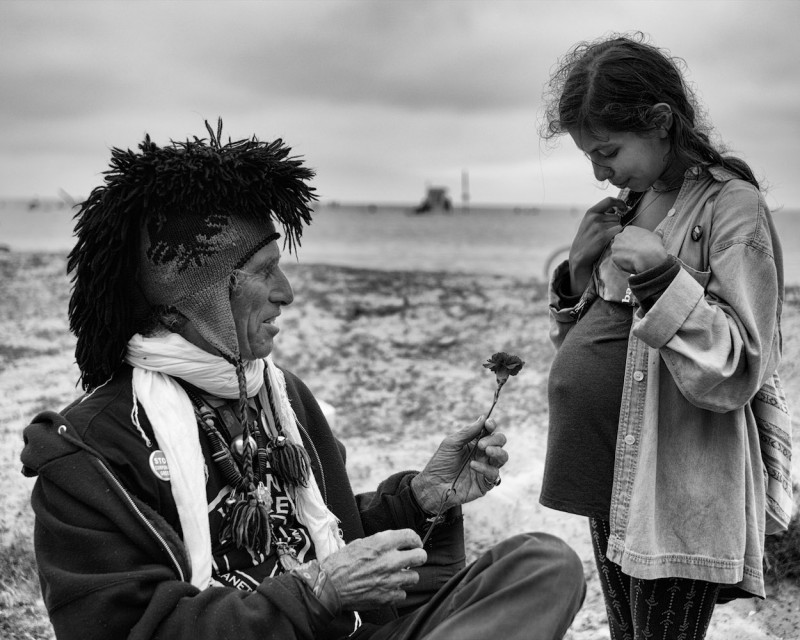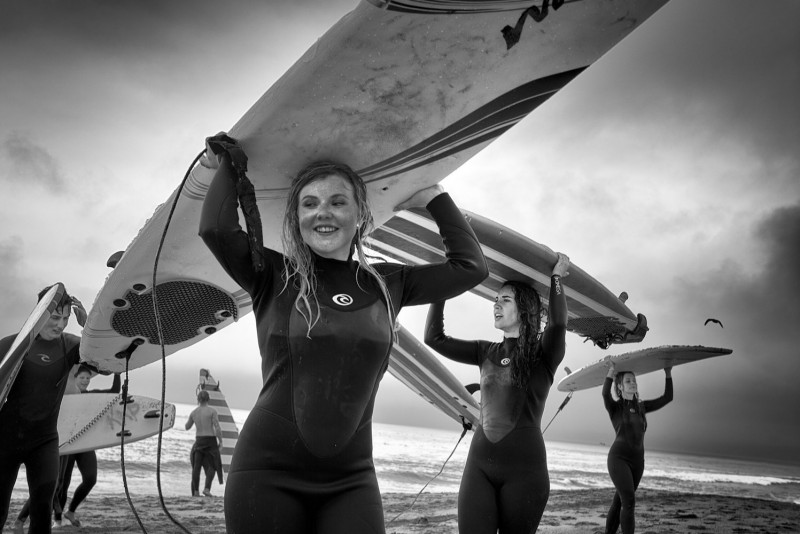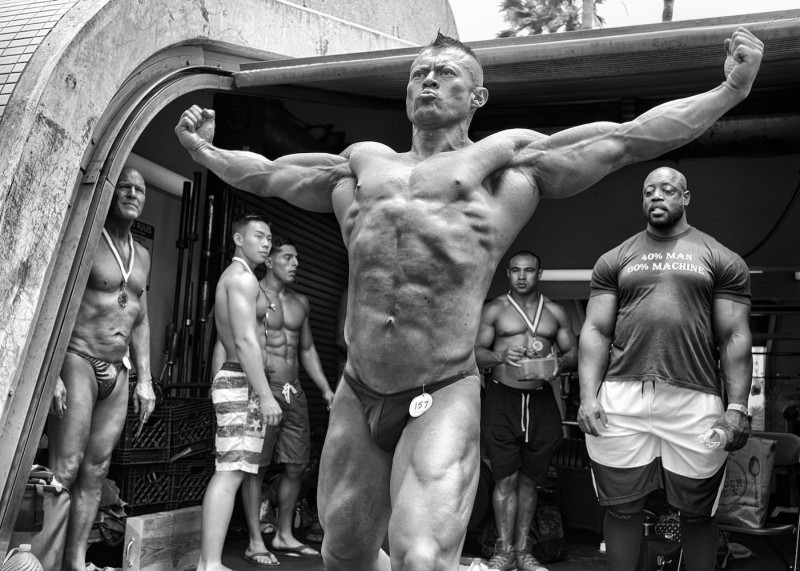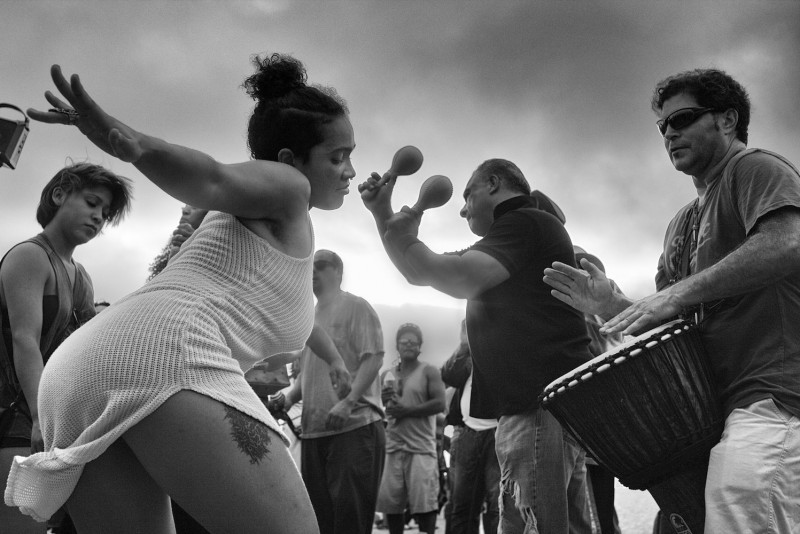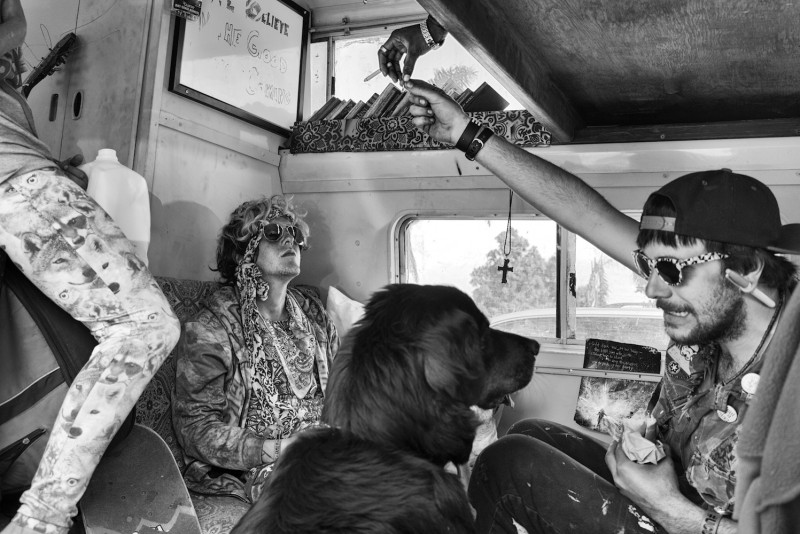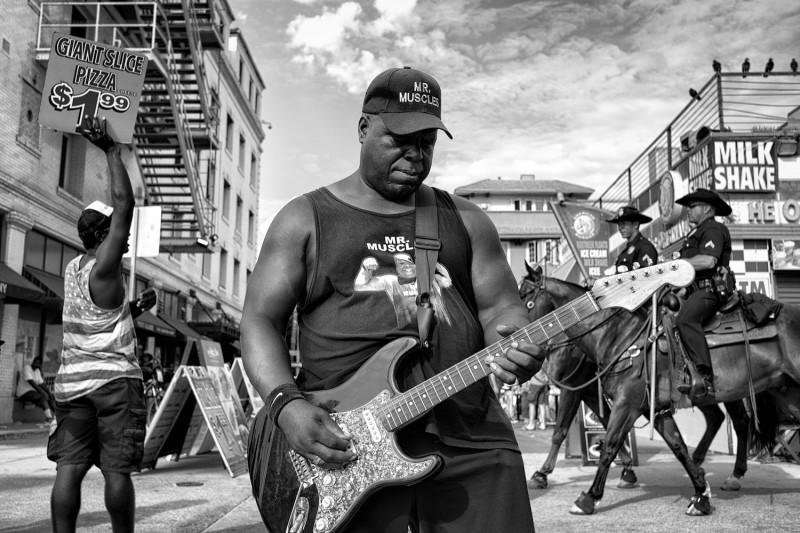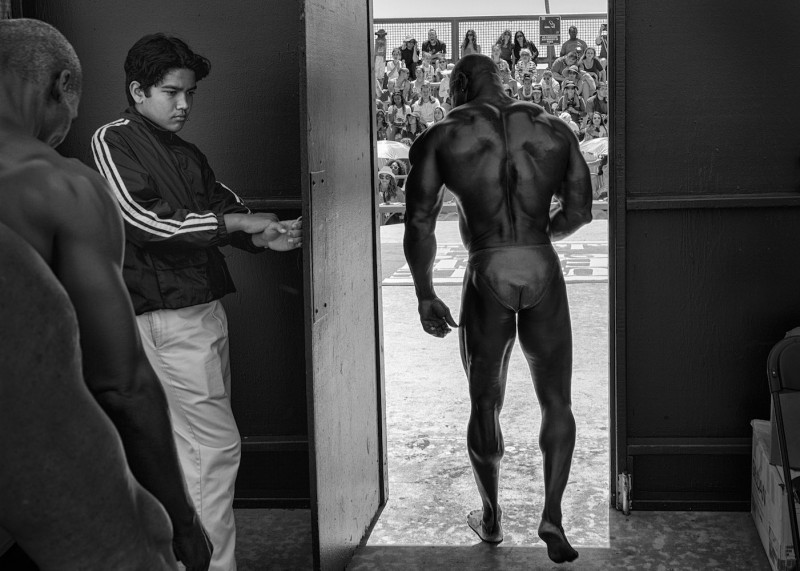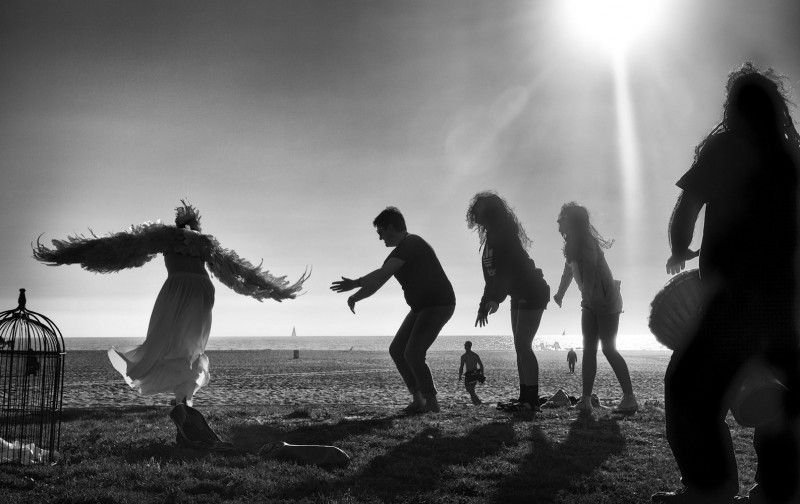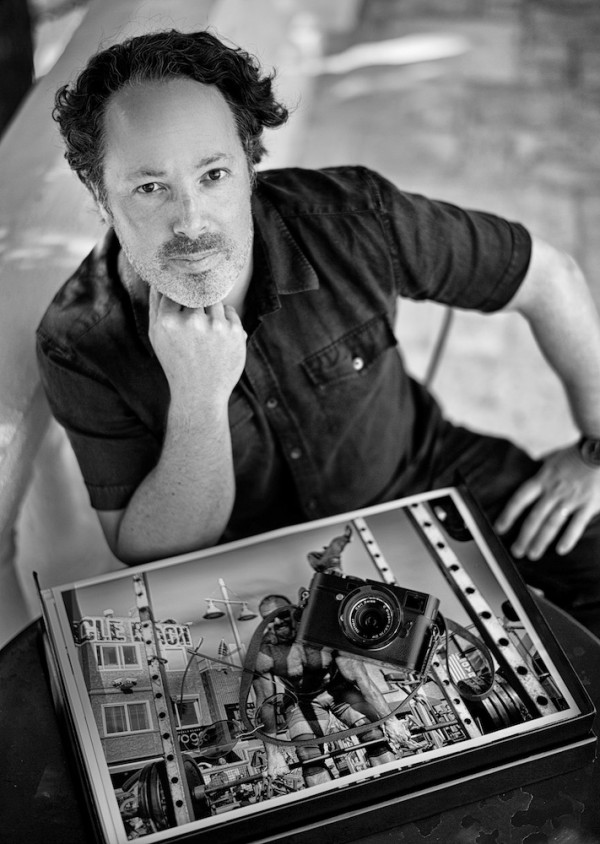Venice Beach
Venice Beach
Dotan Saguy
June 20, 2018
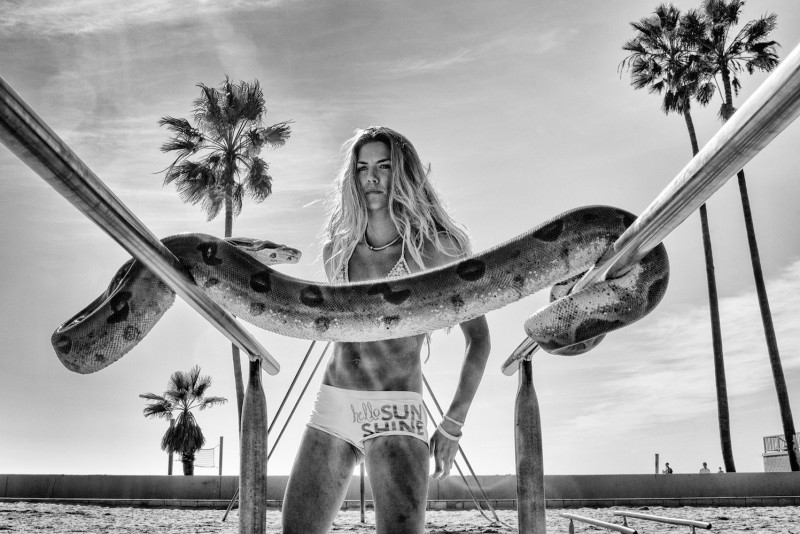
Dotan Saguy: I started shooting 25 years ago when my wife and I asked all our friends to pool together to buy us a Nikon SLR for our wedding. We thought it would be fun to learn something creative together. For a while my high-tech career kept me too busy to do anything serious beyond some landscape photography and kids photos on vacation. In 2005 my dad passed away from cancer at the young age of 63. His sudden passing gave me a renewed sense of urgency to pursue my passion for photography. That’s when I slowly started reorienting my career to make more time for photography. It wasn’t an easy transition to make, but, in 2015, I was finally able to realize my dream: I immersed myself by attending a photojournalism class at the local community college, got admitted into some of the most prestigious photojournalism workshops and scored some publications with National Geographic and ABC News.
Why did you decide to portray Venice Beach?
I was looking for a meaty street photography project to sink my teeth into. At first I was shooting all over Los Angeles, but quickly realized that I was drawn to Venice Beach much more than other area, like Beverly Hills or Hollywood. I’m a Cartier-Bresson kind of guy: street photography is all about moments and Venice Beach just presented more opportunities to capture great moments than any other place I knew in LA. I also felt closer to Venice because it’s a bit of an antithesis to LA: it’s raw, rebellious and anti-materialistic. If you’re going to work hundreds of hours on a specific project, I think it’s key to absolutely love it. Life’s too short.
How would you describe the atmosphere on Venice Beach?
I think the images in the book really sum up how I personally see Venice: To my eyes Venice is weird, electric, open-minded, free-spirited, magical. That said, I realize that my own perception of Venice might be quite different from other people’s. For example, someone with a more conservative background might find it dirty, offensive, crazy and a bit scary.
How did the people react when you told them about your project?
At first it didn’t even occur to me that it was a project per se. I was just shooting there because I enjoyed it. When I had started amassing a small portfolio of good images from Venice Beach, and realized it was a project, I did start to tell subjects that it might turn into a book. But at some point it dawned on me that no one was taking me seriously! I guess people say that sort of thing a lot, and not too many books get made in the end. That sort of thing doesn’t phase me though, quite the contrary. So I just went full steam ahead!
What equipment did you use and how did it help you to accomplish your goals?
I shot the whole project with the Leica M Monochrom and a 35mm prime lens. I started shooting with the first Monochrom and finished with the newer model. The choice of black and white was very deliberate: It helped me highlight the timelessness of the moments I captured. Some of the photographs look like they could have been taken in the 1970s or 1980s. The choice of the Leica M allowed me a discretion and an intimacy with the subjects I couldn’t imagine having with any other camera. Sticking to a single lens (35mm in this case) also allowed me to anticipate my frame so well that I often pre-focused and then shot without looking through the viewfinder. It enabled me to place the camera at ground level or manage difficult angles that would have been impossible to achieve otherwise. If you look carefully at the pictures in the book, you’ll notice that many were taken that way.
Dotan Saguy+-
Dotan Saguy was born on a small kibbutz on the Israeli border with Lebanon. He grew up in Paris, lived in New York, and moved to Los Angeles in 2003. In 2015, he replaced his entrepreneurial career in high-tech with his lifelong passion for photography, and decided to study Photojournalism. His award-winning pictures appear in international magazines. He teaches Documentary Photography at the Leica Akademie USA, and lectures on Street Photography. His first book, Venice Beach, appeared in 2018, and received the German Photo Book Award. More

